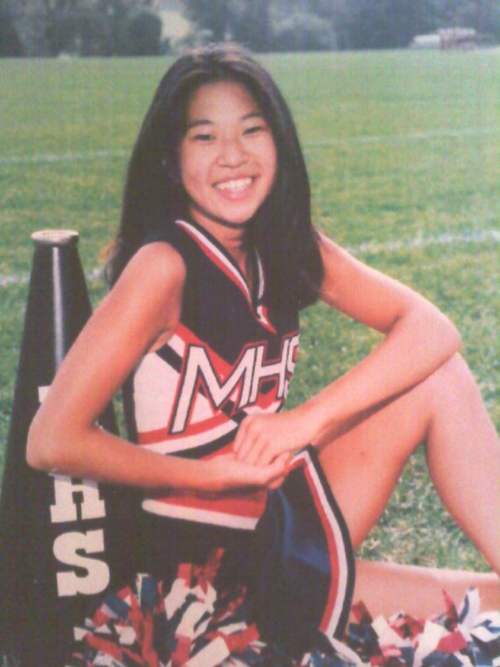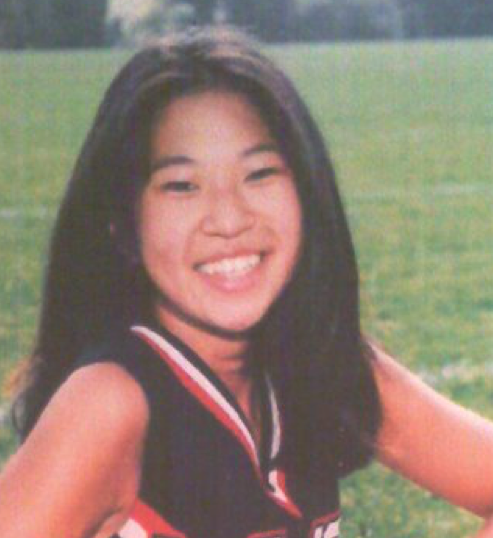
What turned you on to STEM and when?
Sophomore year at Susquehanna University I began performing natural product chemistry research with Dr. Geneive Henry in the Department of Chemistry. She is the reason why I am now pursuing a Ph.D. in medicinal chemistry at the University of Connecticut. To my knowledge I was the first biology major to be mentored by a chemistry professor at Susquehanna. At first Dr. Henry gave me simple tasks such as evaluating extracts in biological assays. After a year or so, Dr. Henry began to give me harder tasks such as extracting plant material and pre-fractioning the crude extracts using flash column chromatography. By my senior year, I took on graduate level work by isolating and performing structure elucidation of biologically active compounds. After my first year of working in Dr. Henry’s lab, I aspired to be like her. All of the students who had her as an organic chemistry professor respected her, she was always patient if I did not understand a specific technique, took time to show me how to become more efficient in lab, never got upset if I made a mistake (even when I placed a nuclear magnetic resonance (NMR) tube in the NMR instrument without a spinner and shut down the entire instrument), and trusted me to perform graduate-level work (such as obtaining NMR spectra, purifying compounds via high-performance liquid chromatography, or elucidating structures via 1D and 2D NMR) even though I was an undergraduate. I would be honored to work with her at Susquehanna University one day as colleagues.
 What’s your work like?
What’s your work like?
Broadly, our lab is interested in finding new drugs from marine organisms such as tunicates (sea squirts) and bacteria associated with these organisms. I have the opportunity to go on trips around the world including Panama and Alaska to collect organisms by SCUBA diving, reef walking, and snorkeling. My research is focused on discovering new drugs from the Hawaiian bobtail squid (these squid are bioluminescent!) to treat bacterial and fungal diseases. To find a new drug, we will collect an organism of interest (usually by SCUBA diving), bring the organism back to our research lab, blend the organism, spread the organism onto solid media to grow bacteria, culture bacteria associated with the organism, and use different chemistry and microbiology techniques to identify a drug of interest.
What does it mean for you to be studying and practicing in STEM?
To mentor the younger generations as a principal investigator. As a female in the science, technology, engineering, and mathematics (STEM) field I plan to be a strong role model for women and those that are underrepresented.
How do you feel about breaking down negative stereotypes about cheerleaders?
The two primary stereotypes that I have heard are: cheerleaders aren’t smart and cheerleaders aren’t athletes. In high school I was an international baccalaureate candidate and honors student. Several of my friends on the cheerleading team were also honors students. In college, I was supported by numerous fellowships, scholarships, and awards to pay for tuition. Whether you are a high school or college cheerleader, you work out almost every day. All of the cheerleaders on my high school team had to run a mile under 8 minutes while performing cheers and chants as we ran around the high school track. We went to gymnastics class 2-3 times a week, attended practices 5-6 days a week, and went to games to support our school teams.
Best cheerleading experience?
My most memorable cheerleading experience is from senior year in high school (2005-2006) when our team competed in the Indiana Jones theater and the ESPN Wide World of Sports Complex in Walt Disney World. Several months before our team travelled down to Disney World to compete, our two captains died from a motor vehicle accident while returning home from a gymnastics class. For our team to completely change a routine, compete in Florida, and advance to the semifinals was amazing. I have a feeling that our two captains were watching over us.
Best science/health-related experience?
During senior year in college (2010), I travelled to Pharping Village, Kathmandu, Nepal to volunteer in a medical clinic for a month. I had the opportunity to trek to surrounding villages to treat those who were unable to make the journey to the clinic. The clinic had one physician and several nurses that treated numerous patients. The technology available to the clinical team was sparse, yet the physician was still able to diagnose and treat patients effectively. During my time in Nepal, I learned to rely less on the advanced technology that we have in the United States such as MRIs and ultrasound. Instead, the physician taught me how to listen to the patient’s symptoms, make visual observations, and carefully note how the patients were responding to medications. I was in Nepal during their dry season, so I was astounded by the fact that the clinical team was able to maintain sterility without running water (the sole water source was from a tank of rain water collected during the rainy season) and an autoclave. I had the opportunity to assist with the birth of newborns, irrigate wounds, suture, draw blood, and clean burn victims.
What advice would you give your 12-year-old self?
Be humble, open-minded, receptive to constructive criticism, and only compete with yourself. Never compare yourself to anyone else. Don’t ever talk down to someone else. Each person has their own unique history, and you waste more time and energy worrying about what other individuals think about you. As you progress through your education don’t compare grades, grade point average, or standardized test scores to your friends. Even today, I want to be the person in the room with the least amount of knowledge because that means I am surrounded by those who are more intelligent and have more experience. I believe that is one of the only ways for me to grow as a person.
What’s one thing people might find especially surprising about you?
I have a passion for art. I chose Susquehanna University because their graphic design program is one of the best programs in the United States, and I wanted to become a biographical illustrator. Also, Susquehanna offered me numerous scholarships and awards so I did not have to pay tuition. As I progressed through college, I realized that I did not enjoy graphic design because most of the work was computer based and I could not see myself sitting at a computer every day for the rest of my life, so I decided to change my major to biology sophomore year.

